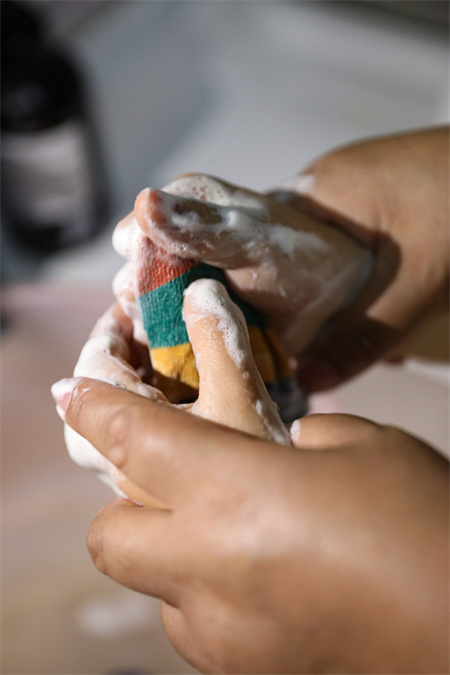Feeding young minds with scientific truth a parent's duty


As father of a 5-year-old girl, I must be ready at any time to face her questions. How high are the stars in the sky? How many stars are there? Why can birds fly but I must take a plane?
Her enthusiasm reminds me of my childhood, when I was always curious to uncover the secrets of life, the stars and mechanics. My mother looked in one book after another to answer my questions. Today, I am fortunate to have the internet. I always pick up my smartphone to answer my daughter's questions.
But one cannot always rely on Google and Bing to quench a child's thirst for knowledge, especially when that knowledge is about specific professional sectors. There is so much information online that unless you know something yourself, you won't be able to distinguish what's reliable from what's not.
If you visit certain websites, they will even tell you that the Earth is flat! They are so sincere that I wonder whether they insist on the claim so that the government might pay for a trip to space for them one day, so as to persuade them.
Some other websites tell people not to wear masks during the COVID-19 pandemic, which is as absurd as it is fatal. But unless one has some scientific knowledge, no one is 100 percent safe from avoiding lies and disinformation.
That's why I attach great importance to the pop-science activities via various channels, namely books, WeChat articles, videos and micro blogs. By spreading science knowledge to the public, we are not only helping the next generation to grow in a healthy way and in a proper scientific atmosphere, but helping grown-ups to live in a healthier, happier way today.
I always prefer the pop-science books that are not so childish. The writer does not need to intentionally imitate children's language. Good language applies to everybody and good cartoons can help children understand. All the writer needs is to tell the story in a faithful way.






































